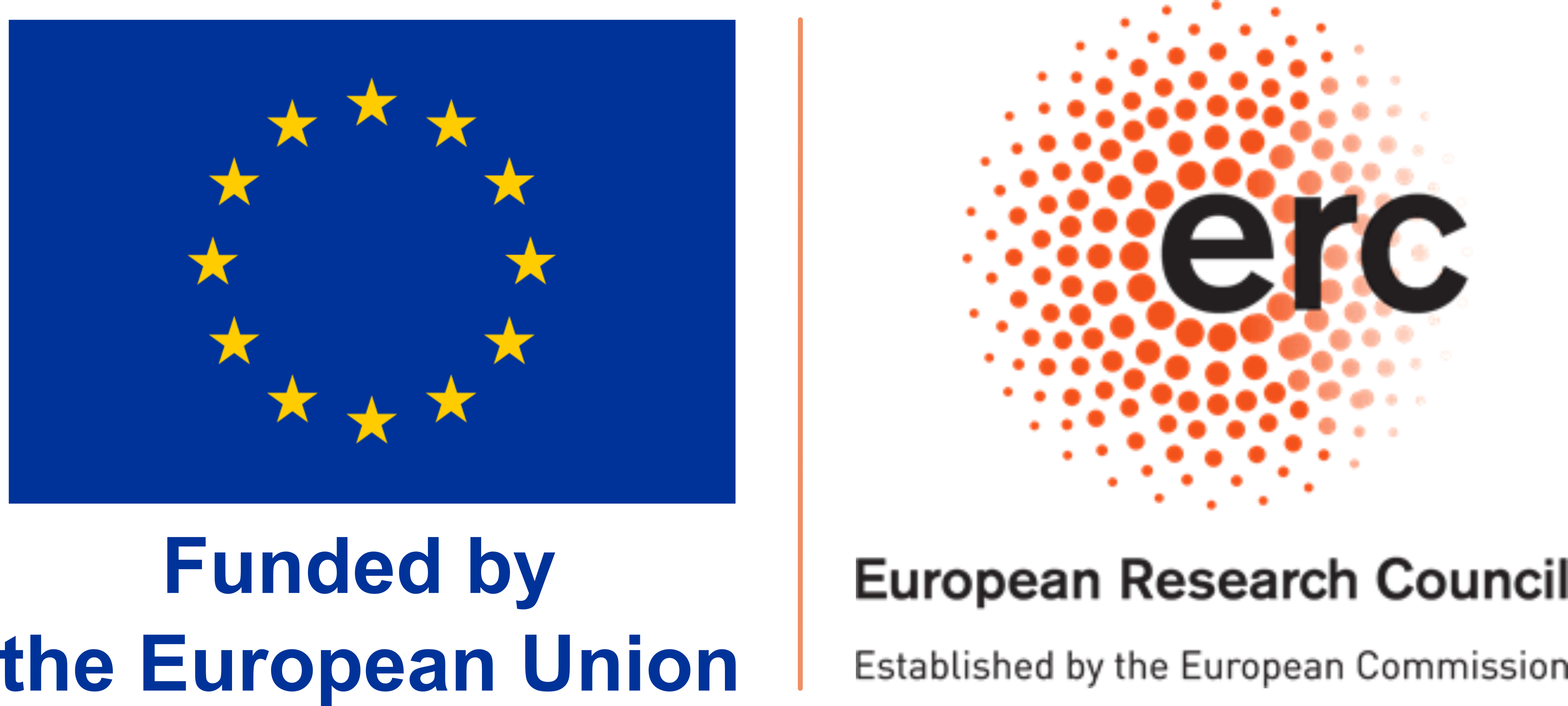Enhancing electrolyzer and Zirfon seperators for alkaline electrolysis (ELECZIR)
The project aims at developing innovative continuous flow technologies with as prospective industrial implementation. Flow technology is especially useful for continuous processes and can be implemented at different levels going from efficient and economic screening of process conditions to process intensification. At the moment, the application of flow technology is mainly limited to the most […]
Enhancing electrolyzer and Zirfon seperators for alkaline electrolysis (ELECZIR) Meer lezen »






